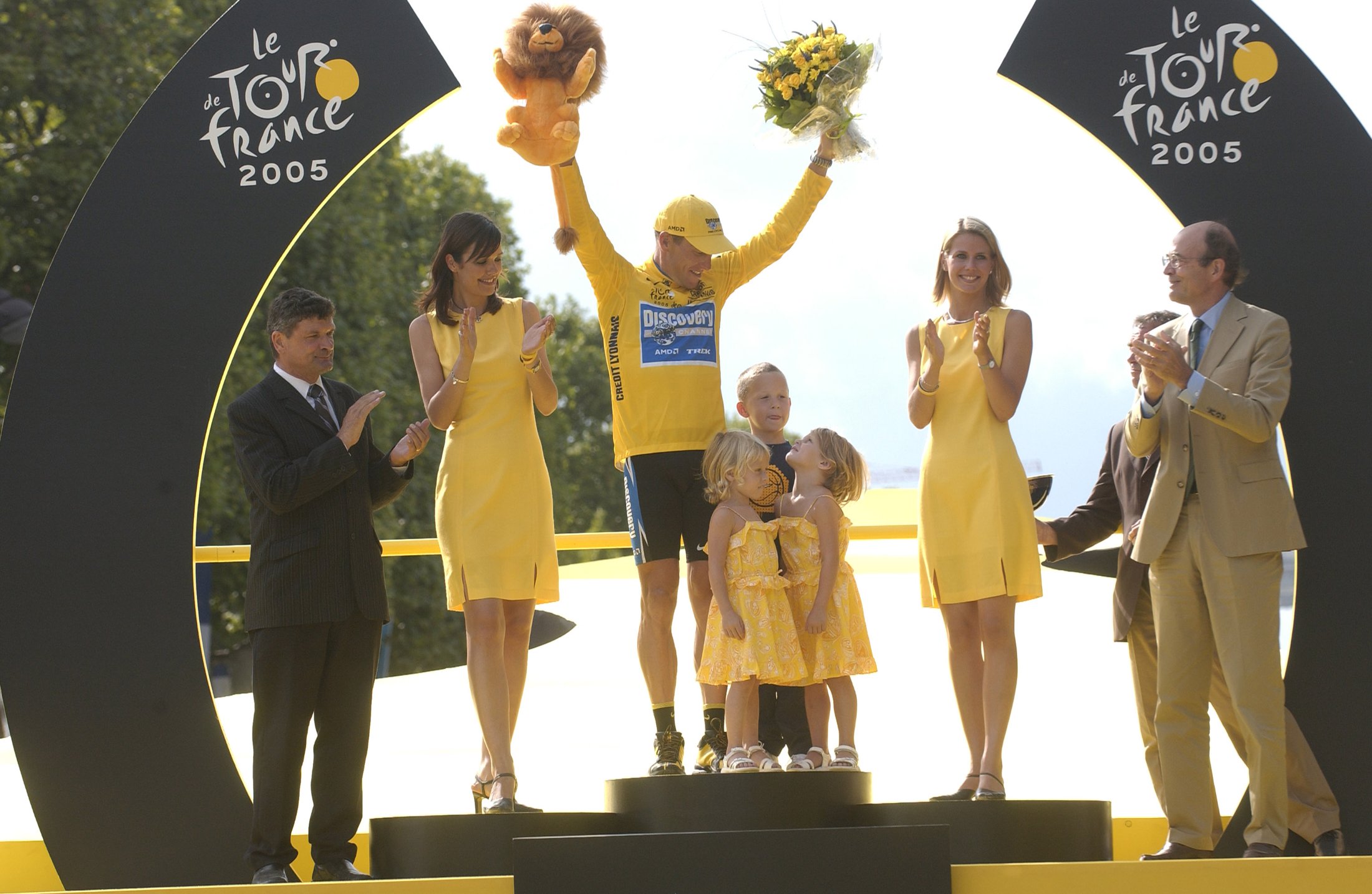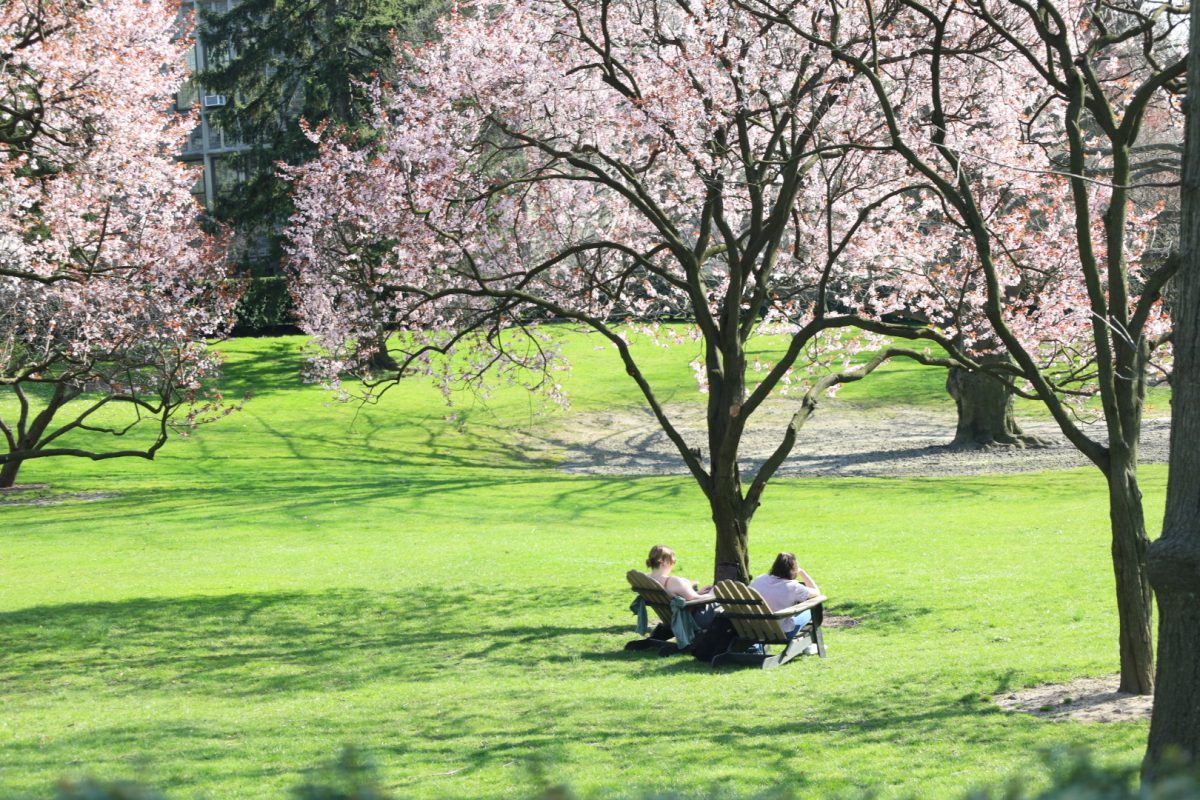By JOSEPH VITALE
ASSISTANT OPINION EDITOR

At a glance, Lance Armstrong’s story resembles that of many other successful American athletes. He trained intensely to become a world class competitor, he faced a giant bump in the road and he overcame it. He then became the most dominant cyclist in the world and used his story (and his wealth) to help others overcome their own obstacles. It sounds like a truly memorable journey.
The part of Armstrong’s story that makes most of us cringe in displeasure (or fume in anger) is what ultimately resulted in his epic downfall: the very power with which he was adorned following both his feats of humanity (seven Tour de France titles) and his works of humanitarianism (founding the Livestrong Foundation).
This particular chapter of Armstrong’s story was brought to public attention following accusations of his use of performance enhancing substances. The first was in 2005, when a French newspaper accused him of doping in 1999, prior to his first Tour de France victory. Armstrong publicly decried the claim and denied ever having used illegal substances in his professional career.
The accusations only continued, putting Armstrong on the defensive against the media and the public. Notable publications, including The New York Times and The Los Angeles Times, published stories containing personal accounts of those close to Armstrong, including fellow cyclists. Many of these personal accounts were backed up by a report by the United States Anti-Doping Agency, which concluded that the evidence against Armstrong was “overwhelming.” Though Armstrong persisted in defending his reputation and his success, he was eventually stripped of all his medals.
The evidence turned out to be accurate, the testimonies telling. What Armstrong deemed a witch hunt exposed one of the biggest lies in all of sports.
This is where I wish the story ended. It is probably where everyone wishes the story ended. Doping certainly is not the right thing to do, but one would hope Armstrong could apologize and come out a better man. Showing remorse would add a much-needed dose of honesty to his story. It is, instead, what Armstrong did to cover up his doping that makes his story much more ugly.
Further, Armstrong was not happy with those who attempted to confess what they know of his doping to the media. He claims that his competitors were trying to destroy him because they envide his success. Worst of all, his attacks on those who had testified against him took the form of warnings, bullying, blackballing and even death threats. He went to abhorrent lengths to keep his secrets safe, and anyone who was a friend of the truth was an enemy of his.
The public’s reaction to this varies widely. Some think his charity work reclaims his actions. Some find his doping to be immoral to begin with.
“His entire platform for cancer and his Livestrong Foundation was based on his overcoming of personal obstacles. In reality he was doping to achieve his goals. If it was winning because of the doping, it wouldn’t be so bad, but he placed so much hope into people’s hearts for overcoming their own personal goals. To find out it was all a lie, it is just disappointing,” said Anthony Carl, FCRH ’16 said.
Regardless, it is one thing to consider the flaws of our heroes, it is another to deem it decent to use malice to cover up the truth.
At the end of the day, Armstrong was a man who acquired immense power and wealth, and it only made him seek more of each. In a culture that idolizes sports stars, romanticizing their stories and giving them everything they desire, the result is something far more destructive than popularity. It is the unhealthy degree of influence that puts them on a baseless pedestal.
Lance Armstrong, along with every other scandalous figure in our popular culture, shows that it is possible for our supposed heroes to be far less than we imagine them to be. Making their downfalls less detrimental starts with the media being a bit more realistic about those we idolize and how we do so. It will teach them that they roam the same Earth we do.
Joseph Vitale, FCRH ’16, is a political science major from Staten Island, NY.





































































































































































































